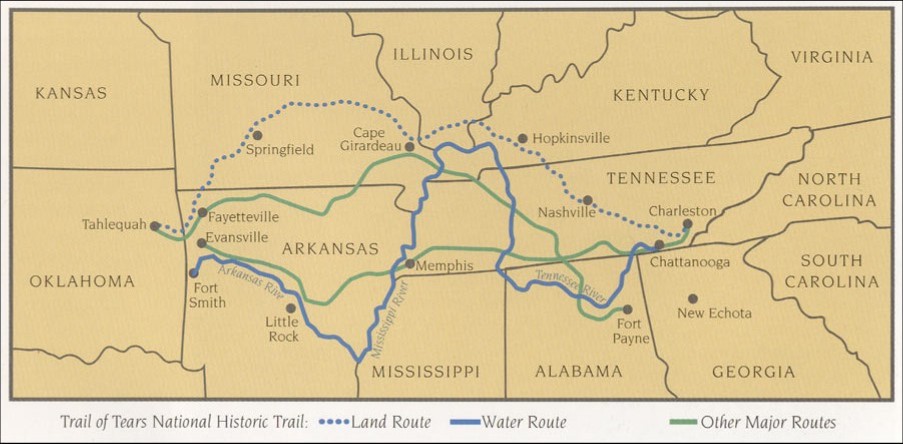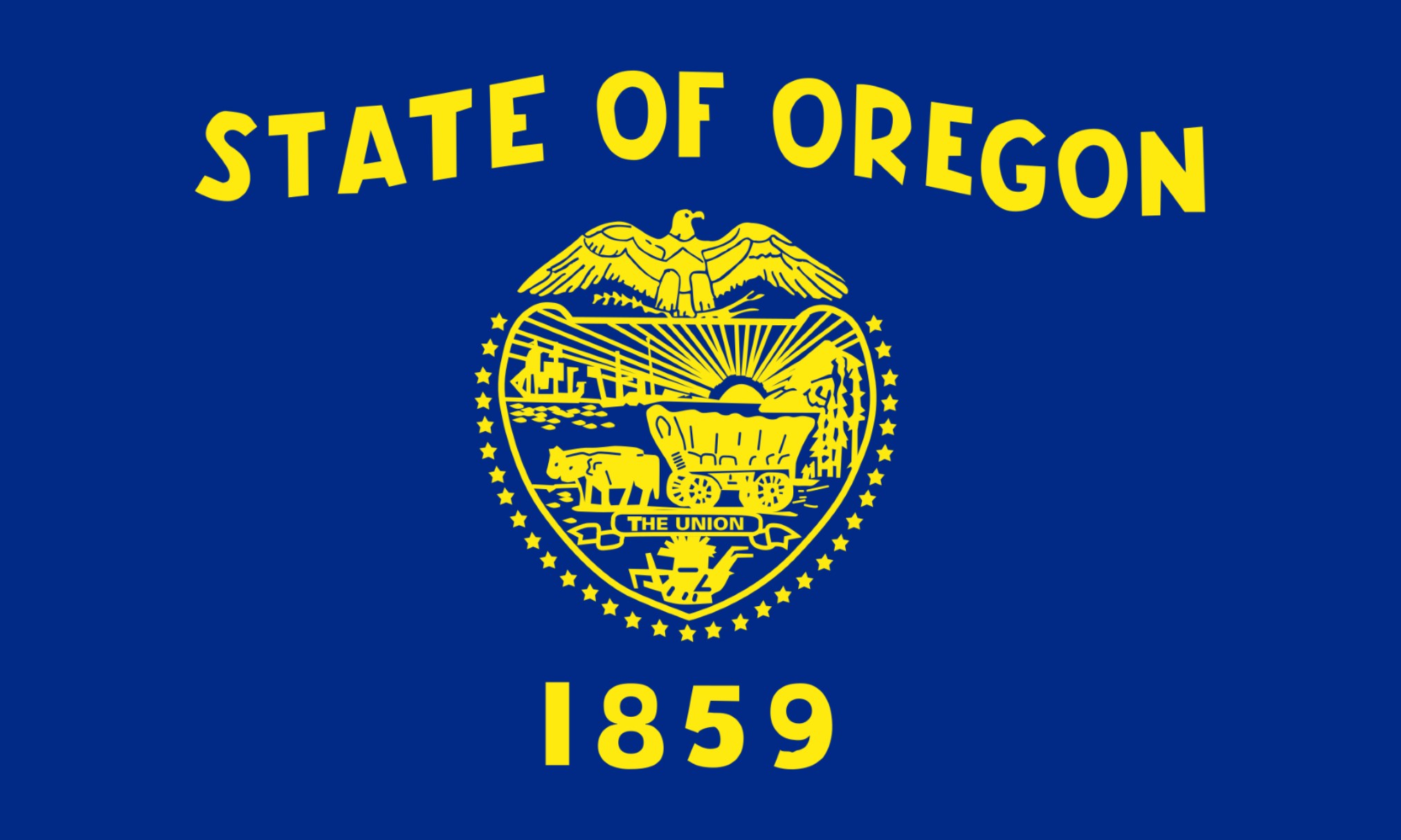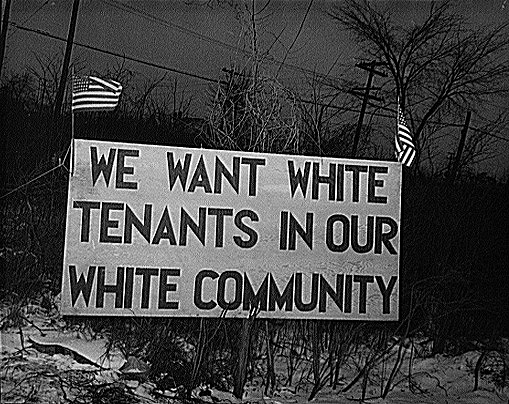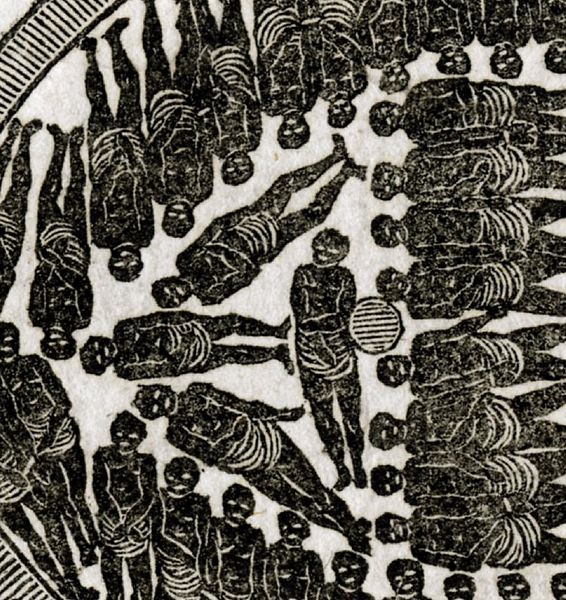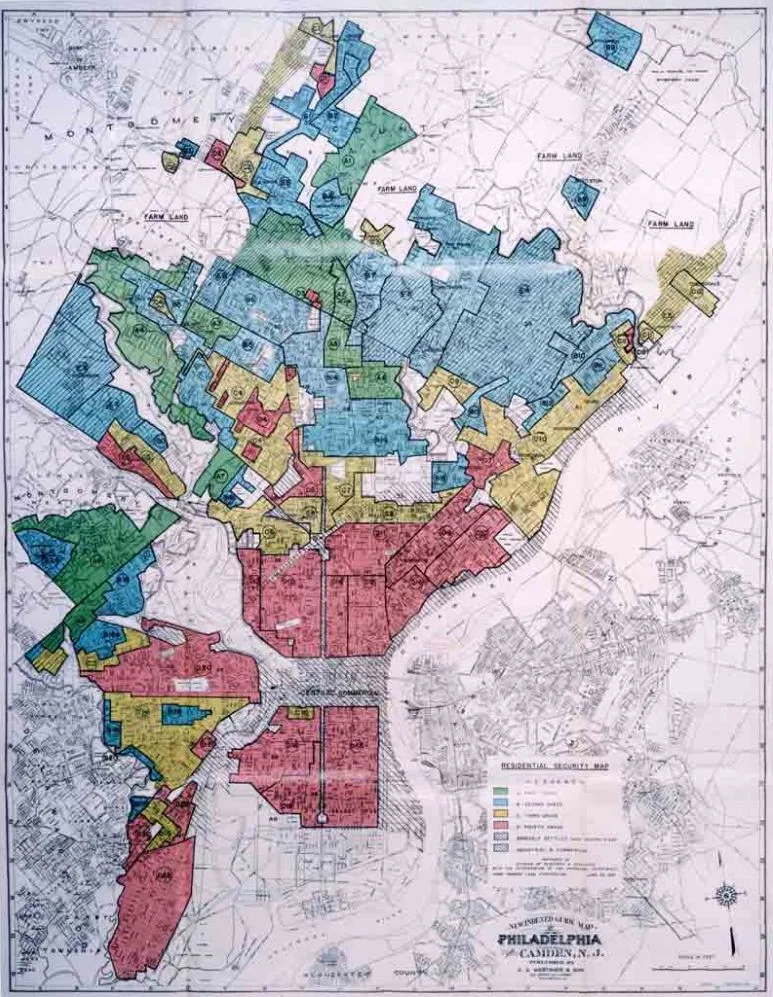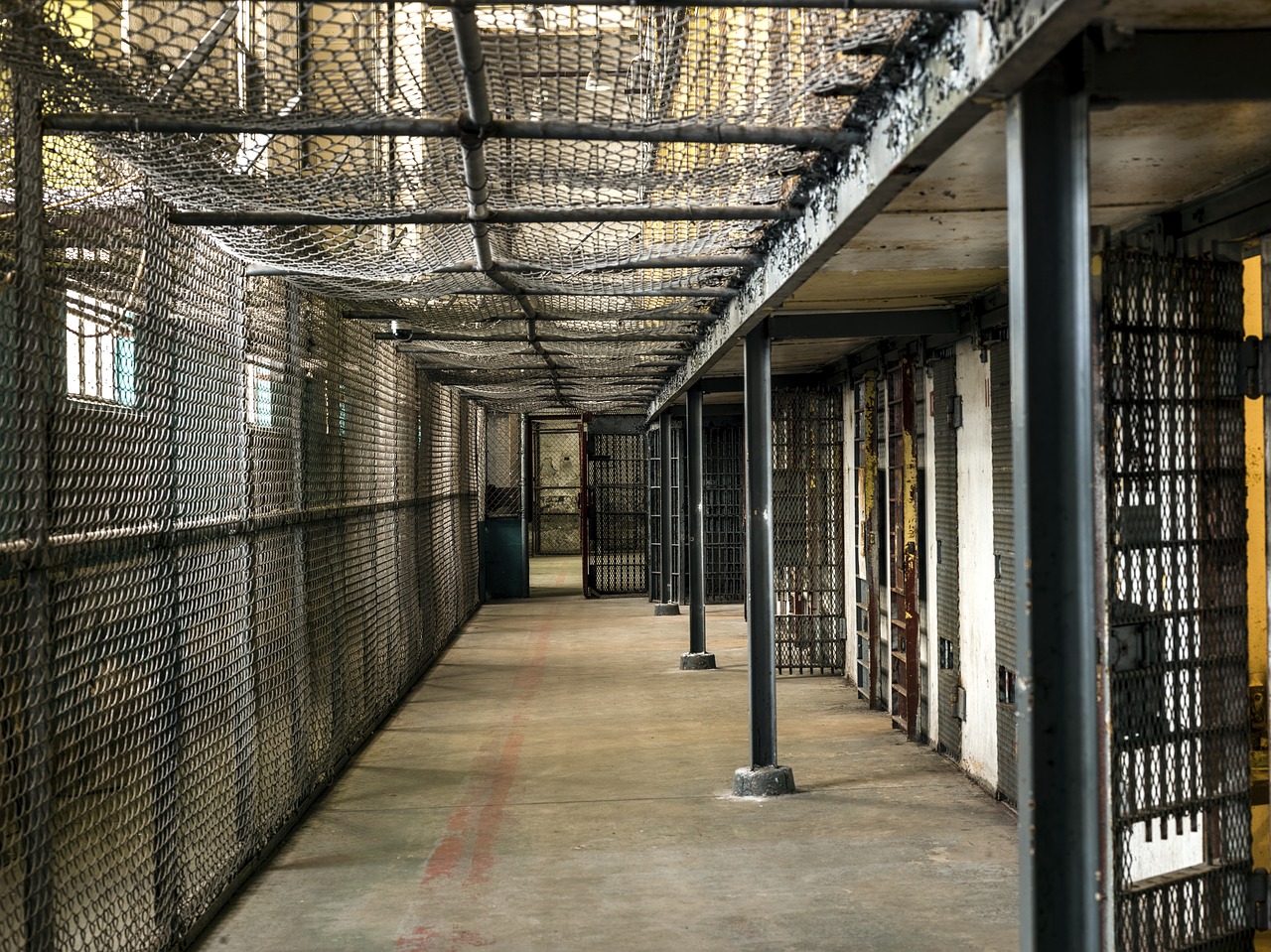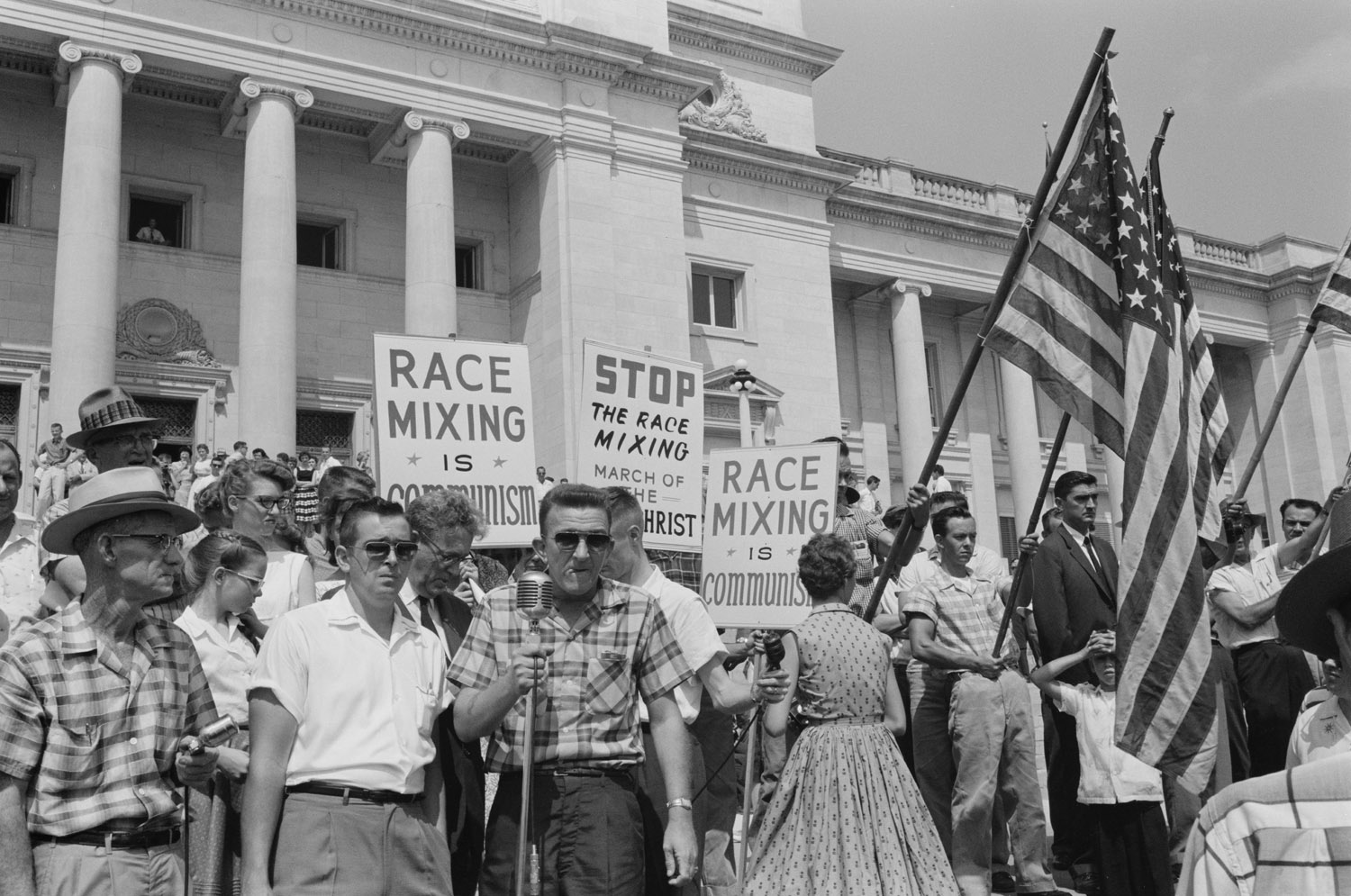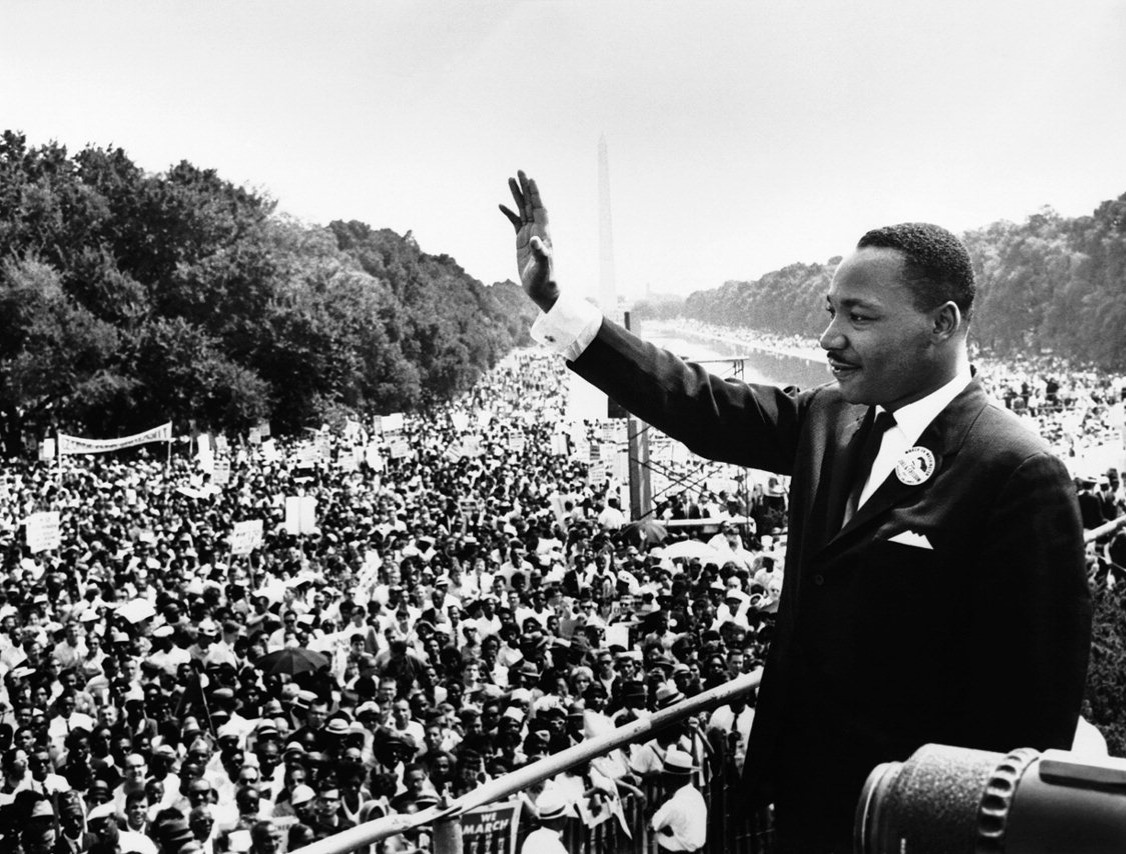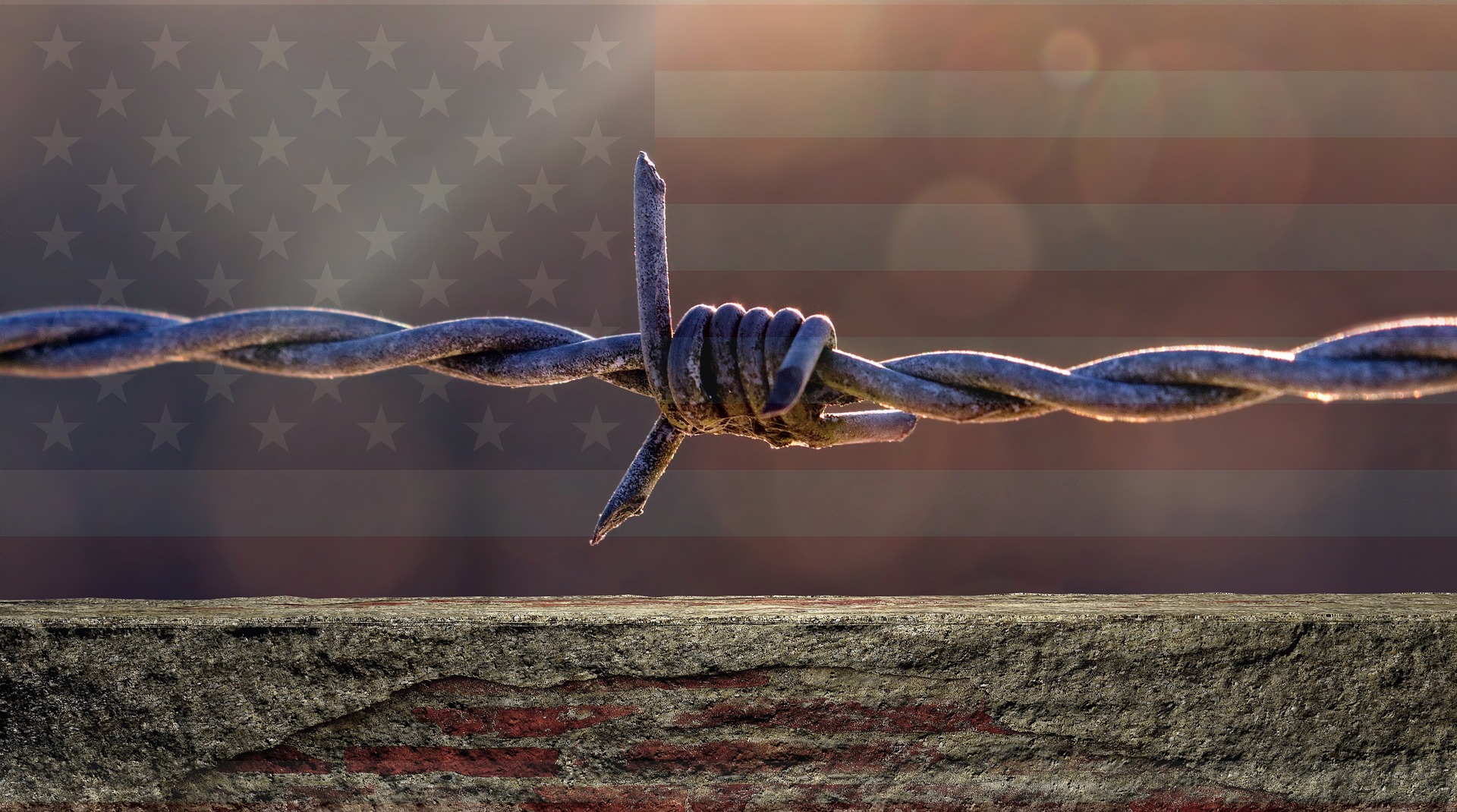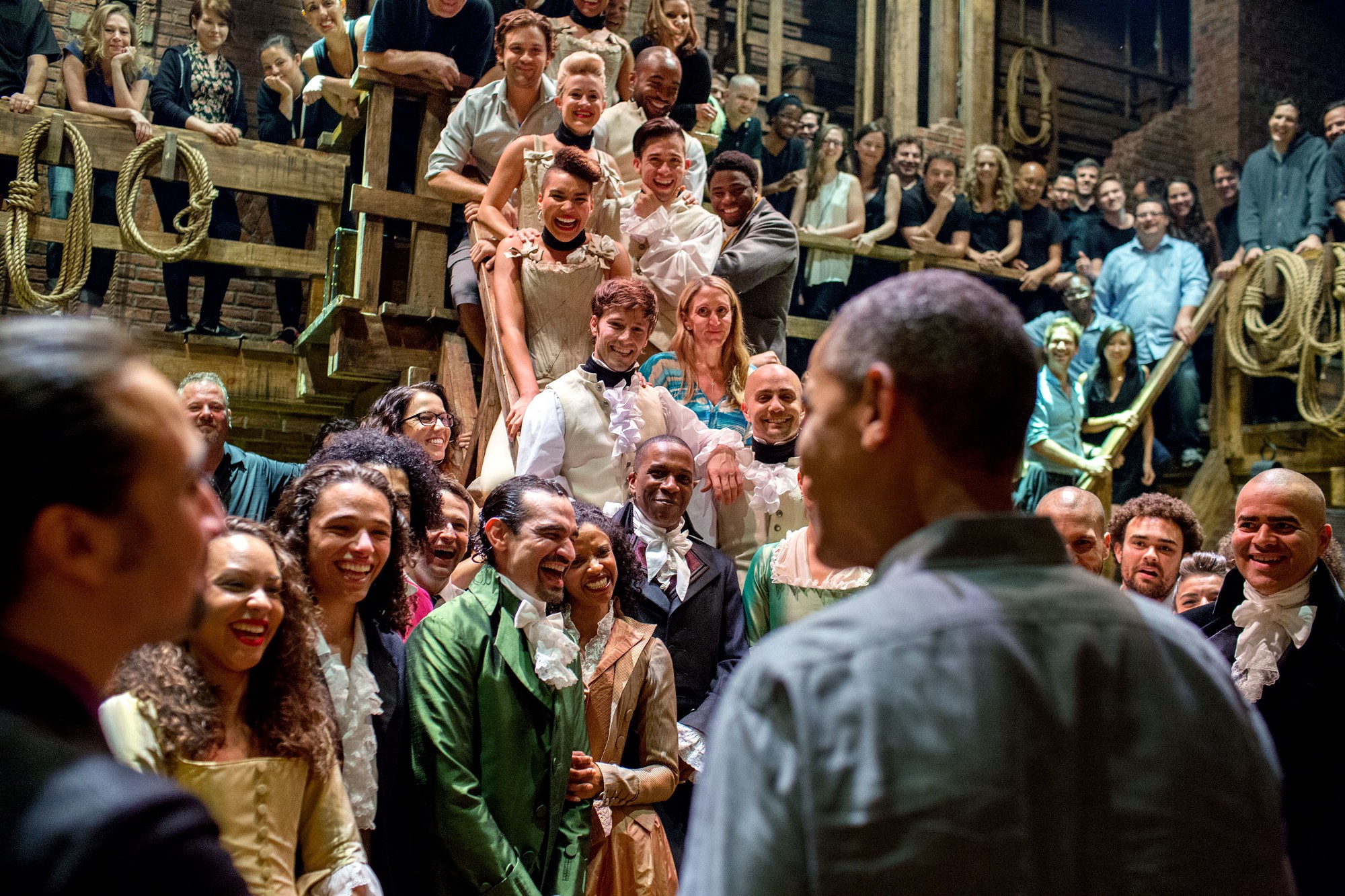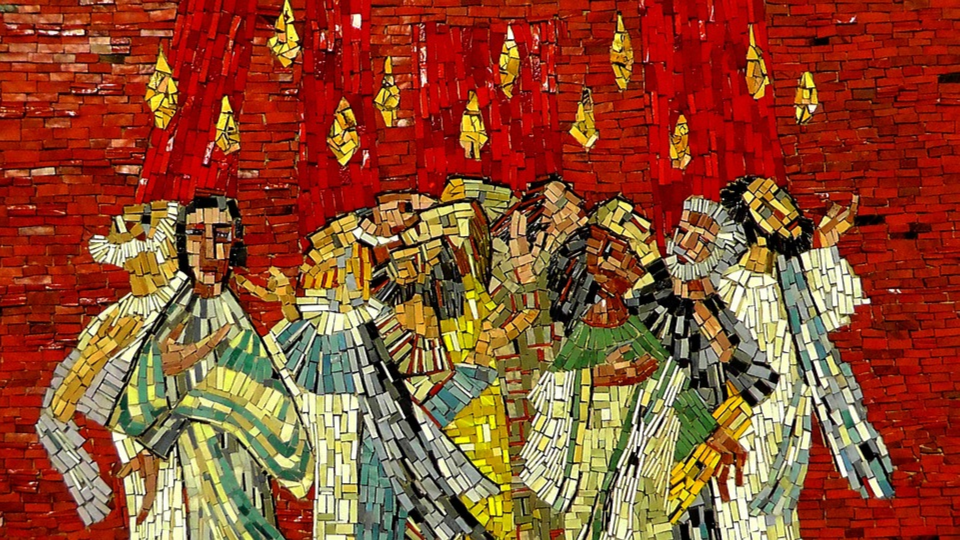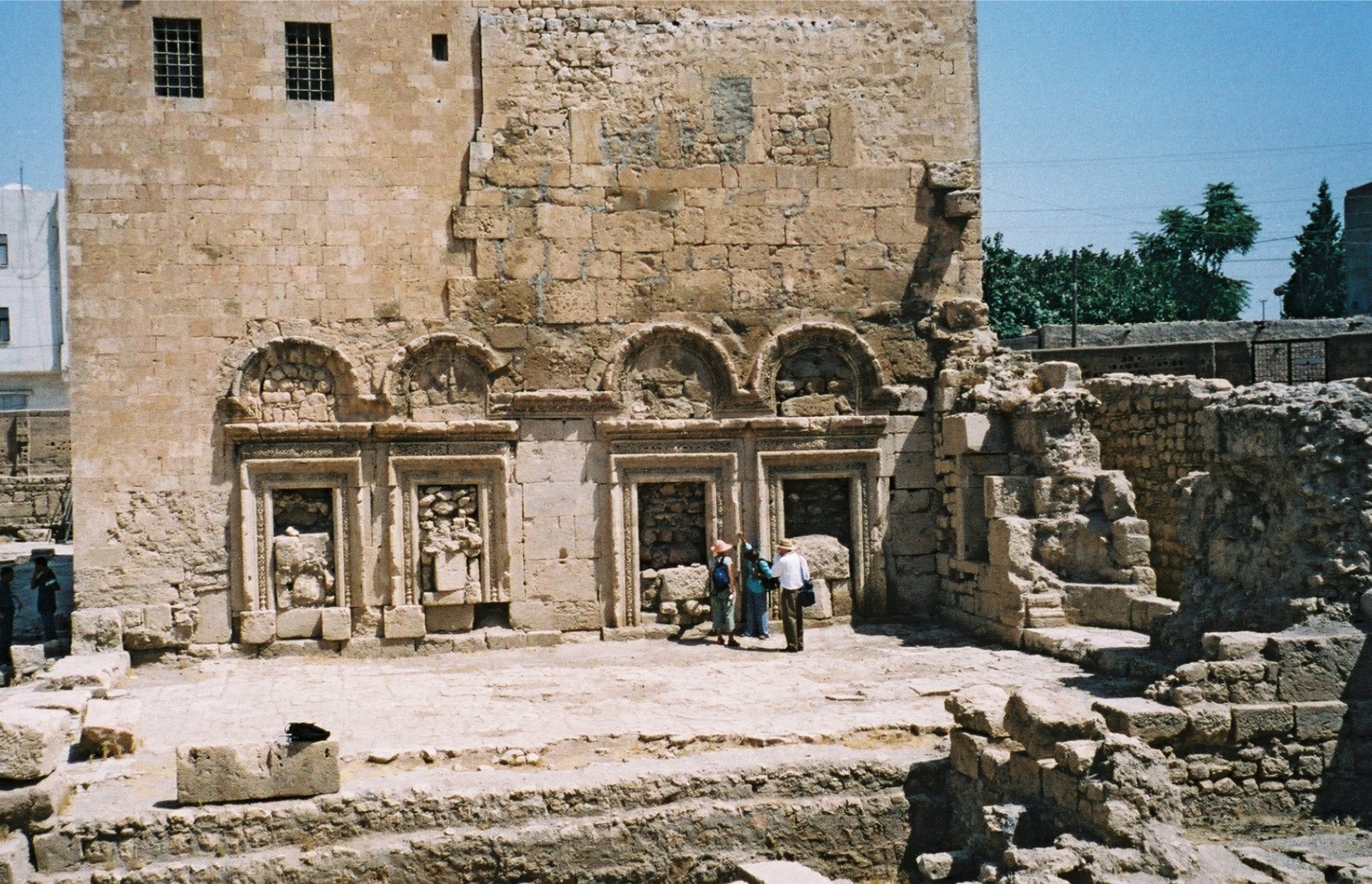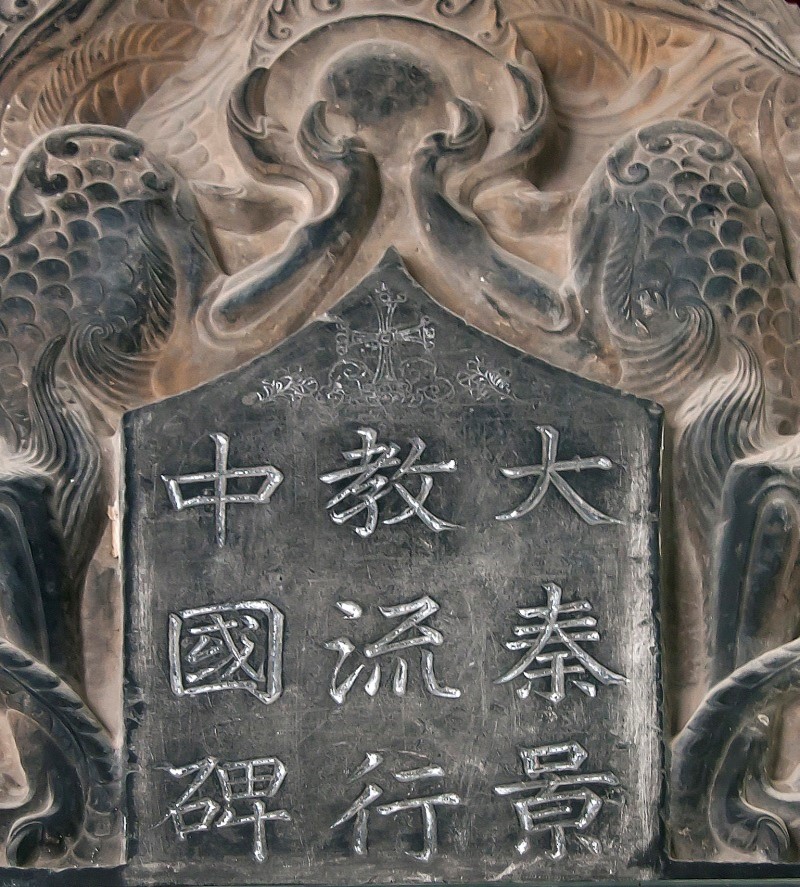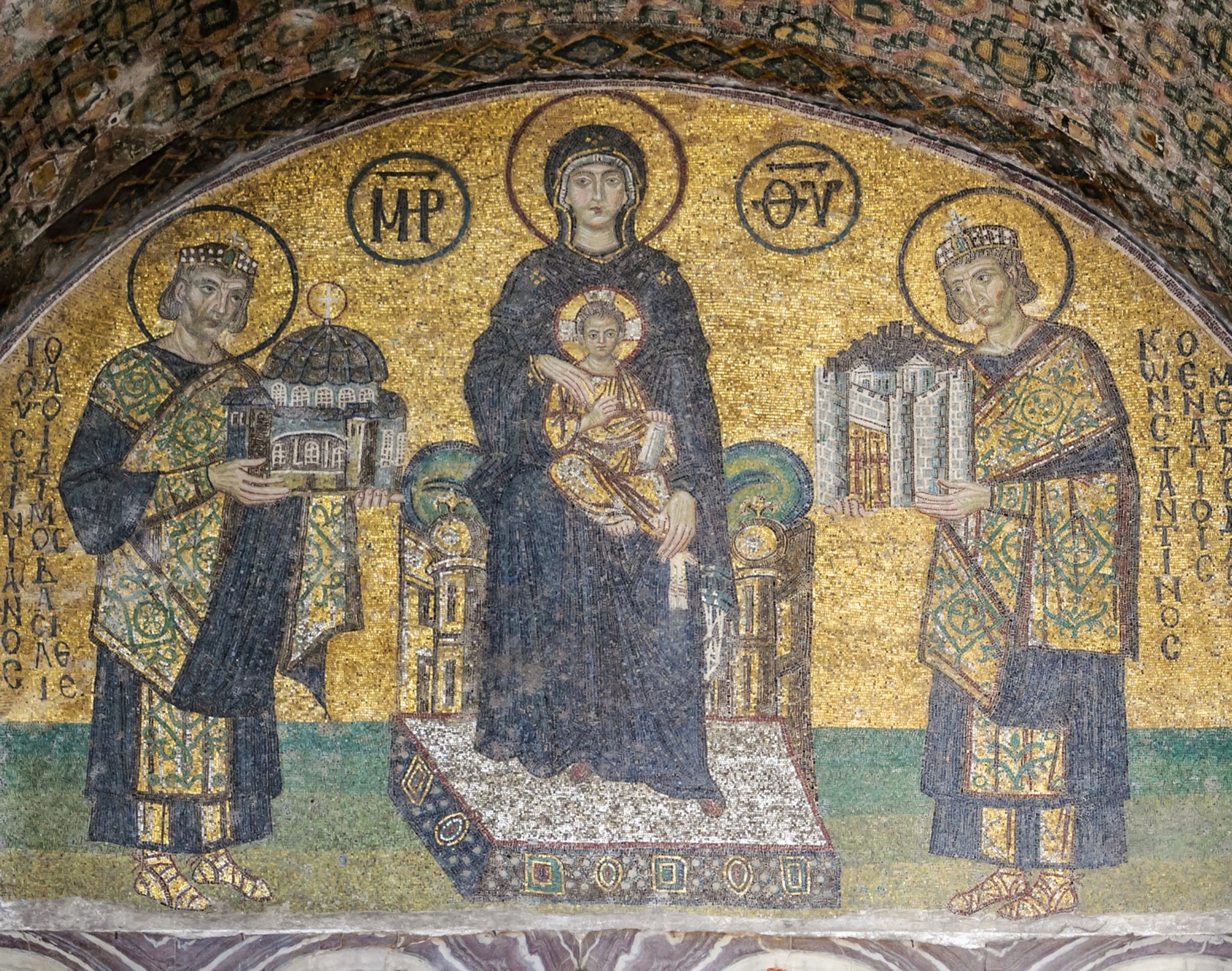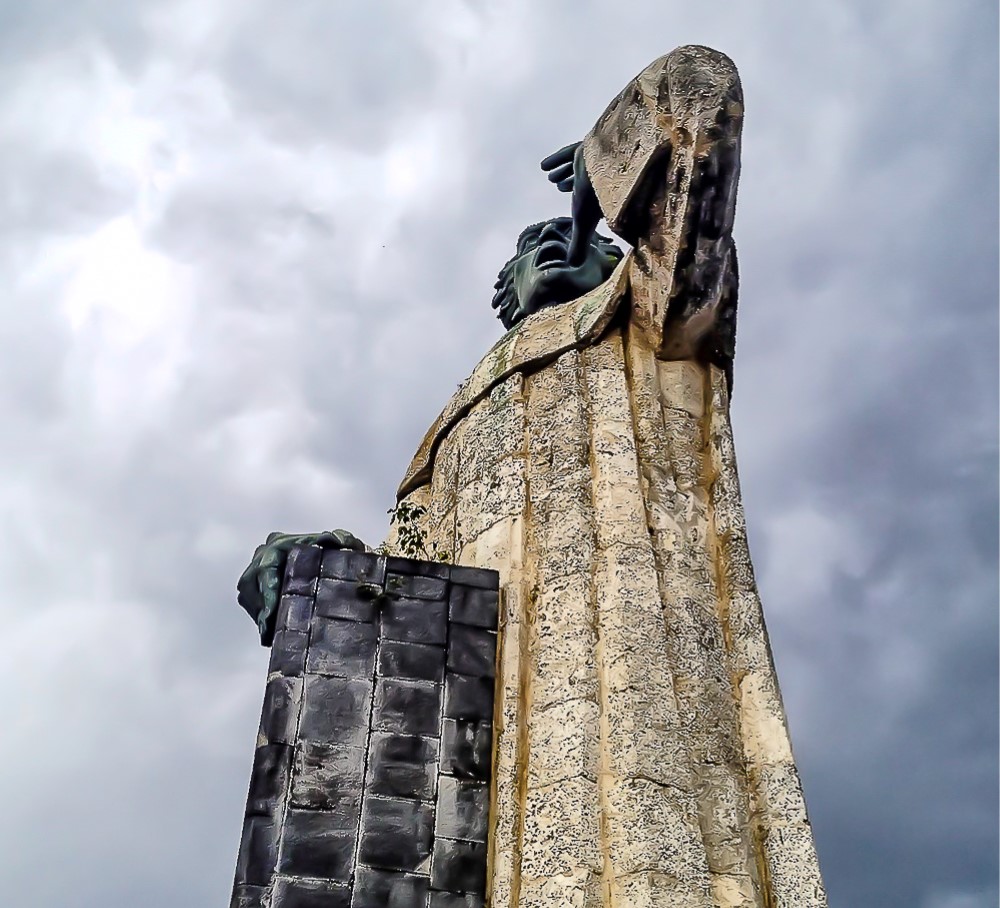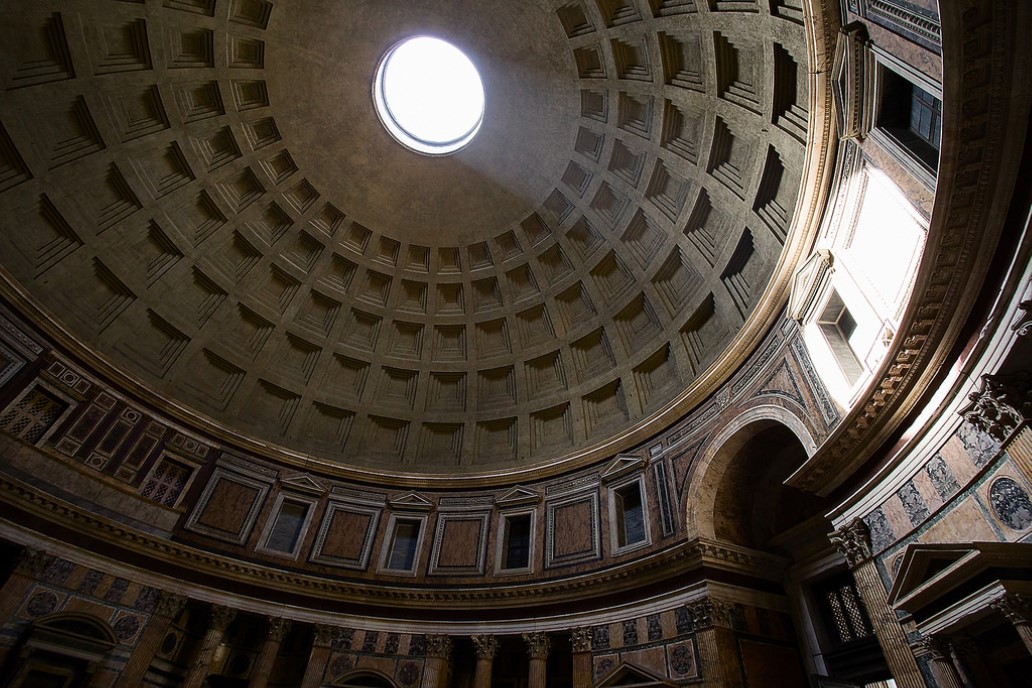Race and Land
Photograph: White Americans tie the American flag to residential segregation in Detroit, Michigan. The sign calling for a white neighborhood stood directly opposite the Sojourner Truth homes, a new U.S. federal housing project. A riot was caused by white neighbors' attempt to stop black tenants from moving in. Photo credit: Arthur S. Siegel, Wikimedia Commons.
Introduction
The following resources on Race, Land, and Housing engage the history of Land Seizure from Native Americans; White Segregation and Housing Policies; and Gentrification.
Conversation Stations
These are the images used in artistic physical displays. They are survey questions and conversation starters that are topically and thematically organized. They demonstrate how Jesus is relevant to each topic or theme. You can also just view the images on your device. If you would like, see all our Conversation Stations; below are the ones that relate to the topic of Race.
Whose Justice? (and instructions and Christian Restorative Justice Study Guide)
Whose Justice? for Harvard Law School
Is a Good Friend Hard to Find? (and instructions and conversation tree)
What Can We Do About Evil? (and instructions and conversation tree) and smaller version and brochure version
Que Podemos Hacer Sobre La Maldad? for the Asociacion Dominicana de Estudiantes Evangelico, 2014
Does the Good Outweigh the Bad? (and instructions)
Race What's the Problem? (and instructions) and brochure version
Messages and Essays on Race and Land
Finding a Home in God’s Bigger Story
Intersection Journal, The Telos Collective, April 15, 2021. “Many Christian conservatives decry the decline of “culture”—while seeking “dominion” over media, government, etc.—without doing much to help local communities… More liberal-minded Christians often celebrate a little “diversity training” at work, while practicing NIMBY-ism (“not in my backyard”) in zoning, protecting their kids at all costs, and neglecting low wages and the high cost of living. Are we only interested in a middle- and upper-class diversity, in our unsustainable suburban lifestyles? God cares about our sense of home, place, and community.”
Slides of a presentation given to the 2022 Reconstruction class. The introduction features John Winthrop vs. Roger Williams to highlight the debate over freedom of religious Conscience vs. Christendom. The presentation highlights Christian accomplishments in health and hospitals, education and schools, land ownership and economic justice, and criminal justice reform.
This video, the tenth in our video series on Tolkien found on our Arts and Theology page and our YouTube channel, looks at lessons about power and leadership from those three contexts. The Scouring of the Shire teaches us why we should resist "plantation capitalism." Rohan has lessons about migration, conflict, treaties, and peace. Gondor sifts its legacy from Numenor: an influential blessing at first, an imperial terror at the end. As usual, we look at Christian theology and ethics: the biblical theme of Empire, the question of women in power and leadership, and land, property, and hospitality.
00:10:36 The Shire
00:25:57 Rohan
00:38:14 Gondor
00:53:25 The Biblical Theme of Empire
01:07:08 Women Ruling and Leading
01:26:45 Land and Property
A series of blog posts where we explore many issues as Christian heresy, for which Christians must take responsibility in the frame of repentance. We have designed a study guide to accompany the blog posts. Please consider using it for personal reflection or discussion in your family, church, organization, etc. As relates to housing, please see posts 5, 6, 7, and 14.
White American Evangelical Political Attitudes and Behavior: Explanation and Correctives
White American evangelical political attitudes can be characterized by the debate between John Winthrop and Roger Williams, and their respective attitudes towards Native Americans, slavery, fairness, and faith in civic space. This is a presentation also explores Scripture and church history to argue that Roger Williams was correct. Given to the staff of Emmanuel Gospel Center, Apr 18, 2018, as a follow-up to how Christian restorative justice impacts ministry; audio file here
Race and Land: Topics:
Race: Topics:
This page is part of our section on Race, which contains the following: Slavery examines the intersections of religious beliefs and slavery, both in the U.S. and elsewhere during colonialism. Land explores Native American land seizure, white supremacy in housing, gentrification, and environmental racism. Finance spotlights racial discrimination in access to capital. Criminal Justice highlights historical racism not only in disparities but practices like convict-leasing, lynching, and hate crimes. Employment lists forms of discrimination in the workplace, hiring, labor unionizing and participation. Eugenics traces the history of eugenics in white American and elsewhere. Schooling examines disparities in the educational system and racial impacts of funding and administration. Power examines the use of race in political campaigns, the procedural justice wrongs such as voting rights denied and gerrymandering, substantive justice wrongs like education, health, and welfare, and racial fascism in the U.S. Immigration examines the moral, economic, and political challenges of immigration, along with the political manipulation of immigration as an issue. Child Development highlights racial implications in emotional development and psychological awareness. Health examines the significance of race disparities from epigenetic factors, environmental factors, medical treatment, and health care politics. Beauty examines how race impacts notions of beauty and professionalism. Race is part of our critique of the political Right and Left in the U.S.
Church and Empire: Topics:
Race is a construct created by European colonialism. For more background, consider the Church and Empire section of our website. They are offered here to remind us what Christian faith was like prior to colonialism, and in resistance to colonialism, to show that Christianity is not “a white man’s religion.”


